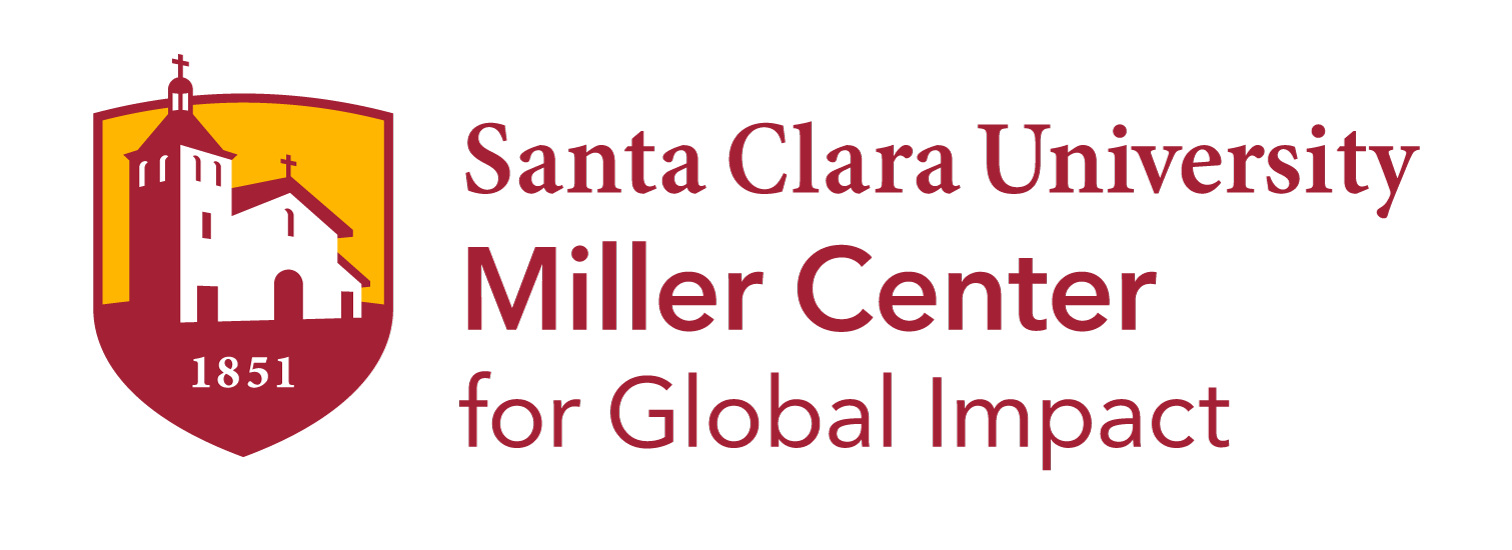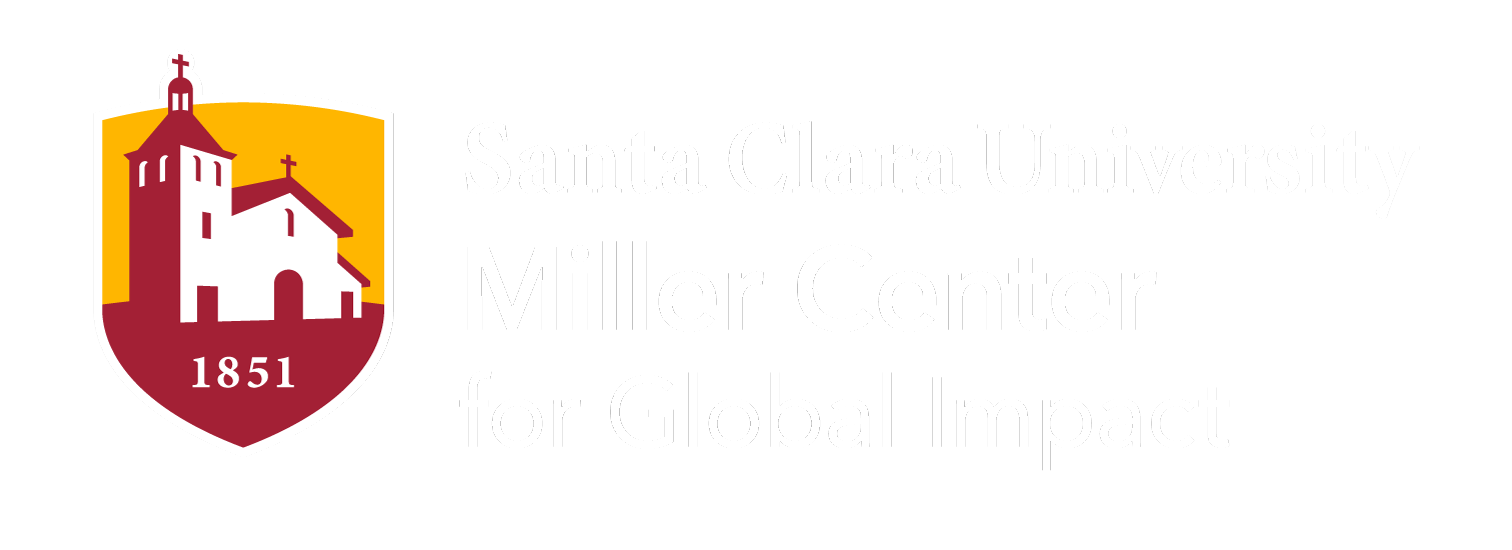(excerpted from business.com article)
This is an extraordinarily difficult time for every organization. The current situation is chaotic, and we are unsure of what lies ahead. For your organization (and almost all others), it means the existing business model has been disrupted – maybe even obliterated – and your cash flow is drying up.
At Miller Center for Social Entrepreneurship, we’ve been working with organizations around the world to help navigate a way through the crisis. Over the past three weeks, one message has come across loud and clear: Pivoting the business model into survival mode is foremost on the minds of leaders.
Pivots generally carry significant risks, but leadership recognizes that the potential benefits outweigh the risks. For companies looking at defensive pivots, it is clear that changing business models is less risky than doing nothing. This is the situation many organizations face today — inaction will lead to a failed business. This crisis makes defensive pivots essential for many companies.
For more information and my Rapid Pivot Framework, check out these resources:
-
- Read the complete article in business.com: Creating Shelter in the Storm: Pivoting Your Business in Response to COVID-19 | By Rob Shelton | Apr 07, 2020
- Rapid Business Model Pivot Webinar and Presentation
- Rapid Business Model Pivot Summary Checklist

